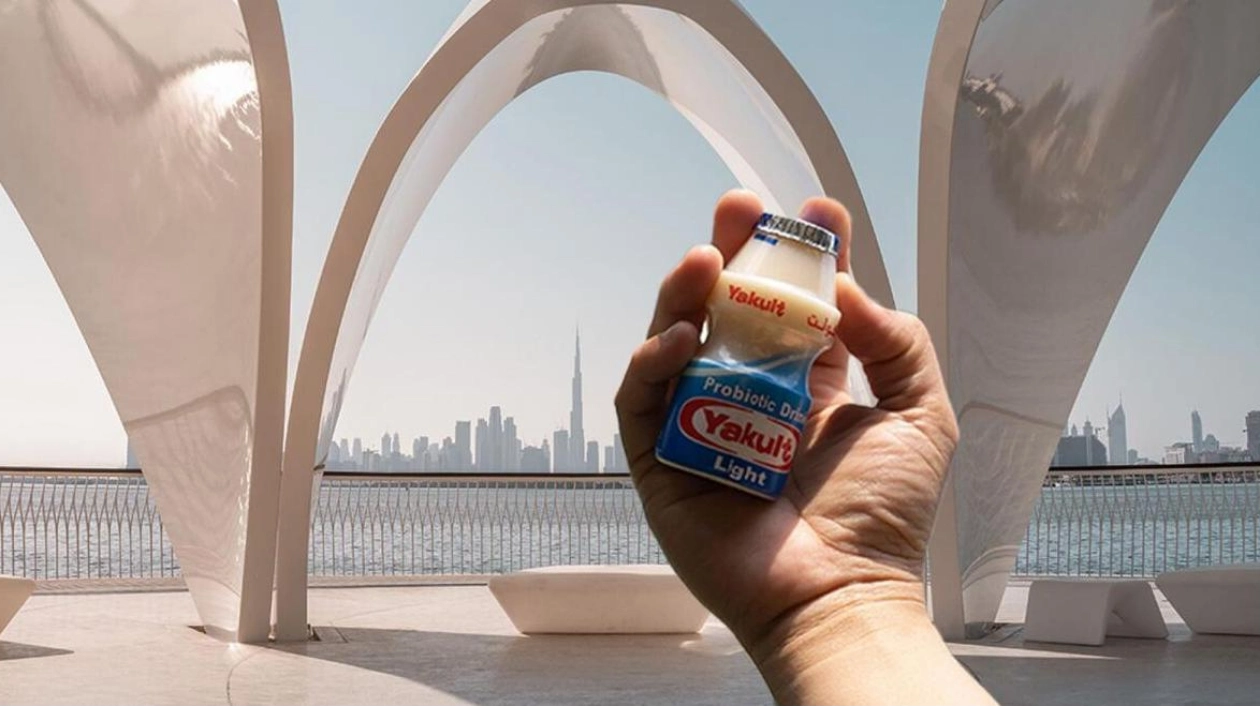The phrase “listen to your gut” is likely familiar, yet its significance is often underestimated. Gut health has become a significant area of interest, particularly with the focus on probiotics. These live bacteria and yeasts, often called ‘friendly’ or ‘good’ bacteria, are praised for their benefits, from enhancing immunity and mental health to possibly aiding in weight control and improving skin health. The balance of these bacteria in the gut is essential, as factors like stress, antibiotics, and diet can disrupt this balance, leading to harmful bacterial overgrowth. Probiotics, such as those in Yakult, are thought to restore this balance by boosting beneficial bacteria populations.
Yakult, a probiotic drink known for its small bottles, is widely recognized and popular across age groups. Its origins date back to 1921 when Minoru Shirota began his journey in preventive medicine. Shirota, born in 1899, was driven by the desire to combat diseases caused by poor hygiene and nutrition. He developed a strain of lactic acid bacteria, Lactobacillus casei strain Shirota, which could survive the digestive journey and enhance intestinal health. This led to the creation of Yakult in 1935, making the benefits of this strain accessible and affordable.
Yakult’s philosophy, rooted in preventive medicine and the belief that a healthy gut leads to a long life, remains central to its operations. The name “Yakult” itself, derived from the Esperanto word for yogurt, reflects its global health mission. ‘Shirota-ism’, the core philosophy, guides Yakult’s ventures in food, international business, pharmaceuticals, and cosmetics, emphasizing preventive medicine, gut health, and affordability.
The COVID-19 pandemic has highlighted the importance of health, leading to an evolution in health consciousness that includes physical, mental, and social well-being. The gut-brain axis, which shows how the intestinal environment affects brain function and mental health, has gained attention. Yakult’s probiotic drink contains live beneficial bacteria that improve digestion and immunity, distinguishing itself with the robust Lactobacillus casei strain Shirota.
In the UAE, there is a growing trend towards healthier eating, with many young individuals incorporating probiotics into their diets, driven by awareness of their benefits for digestive health and overall wellness. The probiotics market in the UAE is expected to grow significantly, reflecting a lifestyle change influenced by health awareness and multicultural dietary preferences.
Yakult Middle East, established in 2015 in Dubai, continues the global mission of Yakult, offering a range of products including Yakult Original, Yakult Light, and Yakult Gold. The iconic Yakult Lady system, introduced in 1963, personalizes the delivery of Yakult products and health information, enhancing accessibility and customer engagement.
Yakult’s commitment to a sustainable society is evident in its corporate activities and alignment with the UN’s Sustainable Development Goals. The Yakult Central Institute continues to pioneer probiotic research, applying findings to develop beneficial food, pharmaceutical, and cosmetic products.






